The manosphere: the shady online network of masculinists
A new police report said a rise in radicalised young men is contributing to an increase in violence against women and girls
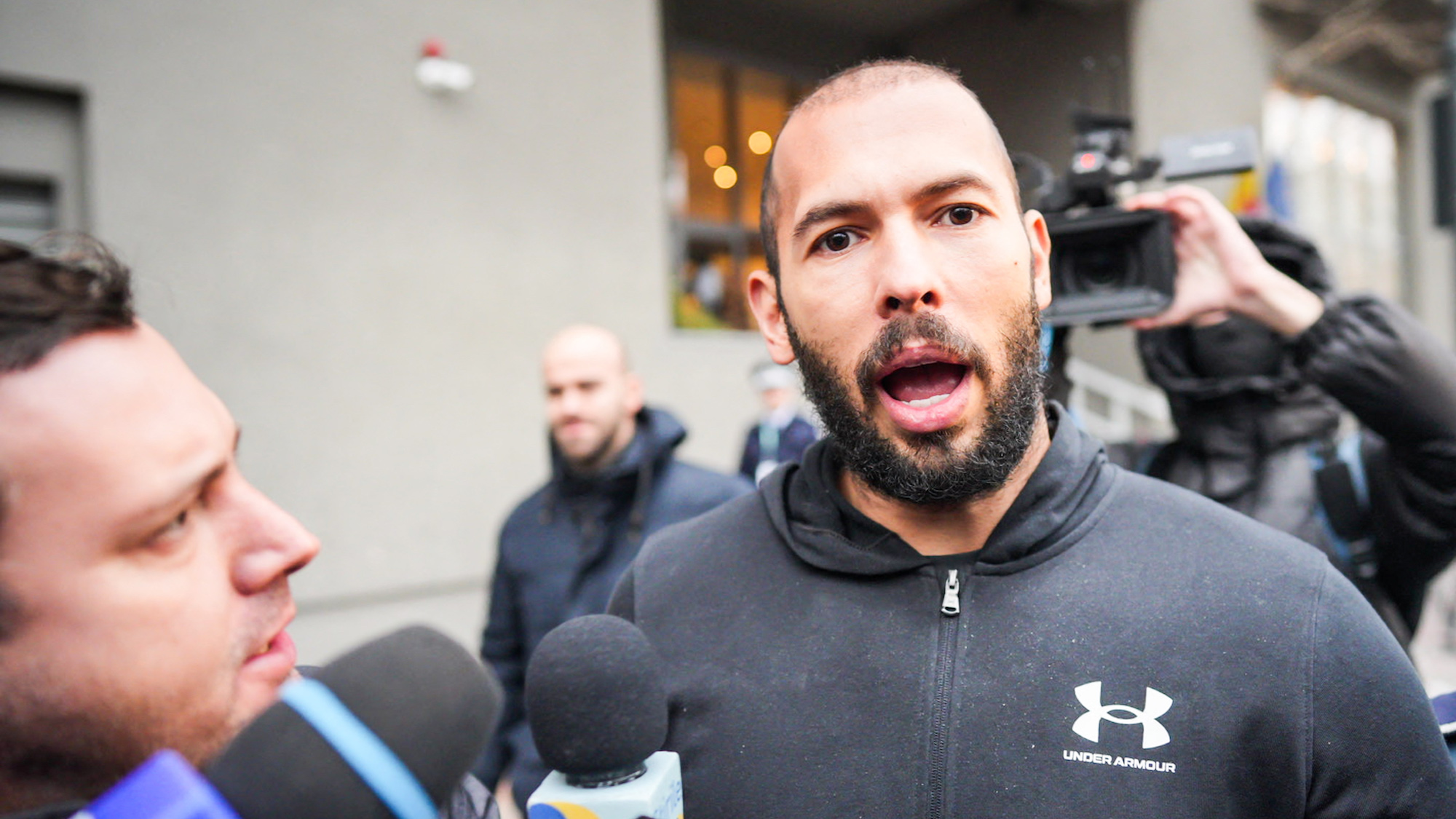
Young men and boys are at risk of being radicalised into extreme misogyny by online influencers like Andrew Tate, a police report has warned.
The National Police Chiefs Council said there is a "national emergency" as violence against women and girls has reached "epidemic" levels in the UK.
The report noted that extreme online content and misogynistic influencers were "fuelling sex offences committed by teenage boys" who had been "radicalised", said The Telegraph, and the "equivalent to almost 3,000 crimes every day" was recorded in the year up to March 2023.
The Week
Escape your echo chamber. Get the facts behind the news, plus analysis from multiple perspectives.

Sign up for The Week's Free Newsletters
From our morning news briefing to a weekly Good News Newsletter, get the best of The Week delivered directly to your inbox.
From our morning news briefing to a weekly Good News Newsletter, get the best of The Week delivered directly to your inbox.
What is the manosphere?
Many boys and young men are accessing an "affiliated network of masculinist websites, blogs and online forums", dubbed the "manosphere", in which a "growing online subculture" is "united in a belief that men are victims in a society that is designed for the benefit of women", said James Bloodworth in The Times.
This network is not confined to the darker corners of the internet either, but exists across mainstream social media, websites and video platforms. Much of it is "overflowing with rage", particularly towards women for "prioritising their careers instead of being kept little wives" and at "feminists for supposedly emasculating men".
There are common "types of groups" that operate in the manosphere, said Mark Travers at Forbes: the "men's rights activists", who are fighting a "perceived discrimination against men in society"; the "pick-up artists", who discuss "manipulation and psychological tactics" to "attract and seduce women"; the "red pill men", who believe they are "awakening" to the "true nature of gender dynamics and societal structures", and the "incels", a subculture of "involuntary celibates" who "feel they are unable to find romantic or sexual partners".
Many men are "drawn to the manosphere" through "romantic rejection and frustration" as well as "feelings of masculine inadequacy" and "loneliness and low self-esteem". Others begin to be radicalised to extreme misogynistic views because they "struggle with understanding their role in modern society" and "feel isolated or struggle to form meaningful connections".
A free daily email with the biggest news stories of the day – and the best features from TheWeek.com
Why did it come about?
There are "millions of men" who are "suffering from a lack of meaning and purpose", said David French in The New York Times, and there is no consensus "on whether there's a problem" and certainly none on "how to respond and pull millions of men back from the brink".
But with little guidance from established institutions like schools to "show them the way", they are turning to exploitative "gurus to guide their lives", including Andrew Tate, Joe Rogan and Jordan Peterson, among others.
The advice these influencers give them is to "lash out. Fight. Defy the cultural elite that supposedly destroyed your life" and that "success – with money, with women – becomes your best revenge".
In the case of Andrew Tate – a self-proclaimed misogynist currently awaiting trial in Romania on charges of rape, sex trafficking, and forming a criminal gang to sexually exploit women (charges he denies) – his philosophy focuses on the idea that "putting women down and controlling them can be a way of feeling powerful" and men should take on an "alpha male" role, said Bloodworth.
When women choose not to be "subservient and compliant", that is when things "can get nasty". The "online can very quickly spill over into the offline world" and women are "at risk of becoming yet another statistic".
What are authorities trying to do?
Authorities have said that the severe rise in violence against women and girls is partly due to an "increase in reporting and more awareness of those crimes", said the BBC, but it is undoubtedly "growing" and is "one of the biggest demands on officers".
While the police have said they will "provide coordination across forces" to tackle the rise in violence, Deputy Chief Constable Maggie Blyth told Sky News that tech companies need to do "far more to take down that harmful content", adding that she was "concerned at the images and the content" that are easily accessible by both adults and children.
Last year, the Conservative government designated violence against women and girls as a "national threat", meaning it should be "treated as seriously as crimes like terrorism".
The plans by the current Labour government have "been light", said the BBC, but says it "aims to halve violence against women and girls over the next decade".
Richard Windsor is a freelance writer for The Week Digital. He began his journalism career writing about politics and sport while studying at the University of Southampton. He then worked across various football publications before specialising in cycling for almost nine years, covering major races including the Tour de France and interviewing some of the sport’s top riders. He led Cycling Weekly’s digital platforms as editor for seven of those years, helping to transform the publication into the UK’s largest cycling website. He now works as a freelance writer, editor and consultant.
-
 Grok in the crosshairs as EU launches deepfake porn probe
Grok in the crosshairs as EU launches deepfake porn probeIN THE SPOTLIGHT The European Union has officially begun investigating Elon Musk’s proprietary AI, as regulators zero in on Grok’s porn problem and its impact continent-wide
-
 ‘But being a “hot” country does not make you a good country’
‘But being a “hot” country does not make you a good country’Instant Opinion Opinion, comment and editorials of the day
-
 Why have homicide rates reportedly plummeted in the last year?
Why have homicide rates reportedly plummeted in the last year?Today’s Big Question There could be more to the story than politics
-
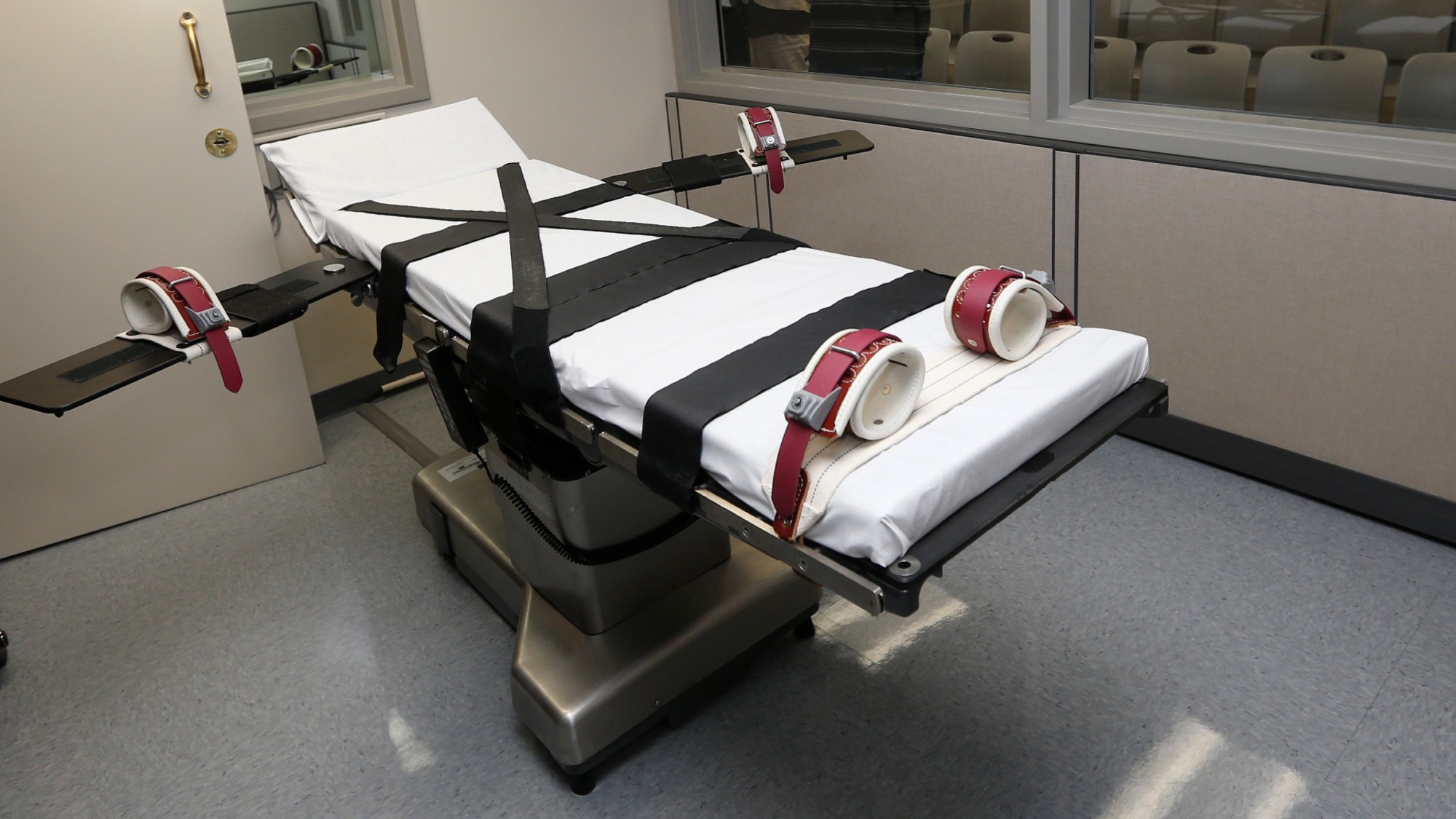 Executions are on the rise in the US after years of decline
Executions are on the rise in the US after years of declineThe Explainer This year has brought the highest number of executions in a decade
-
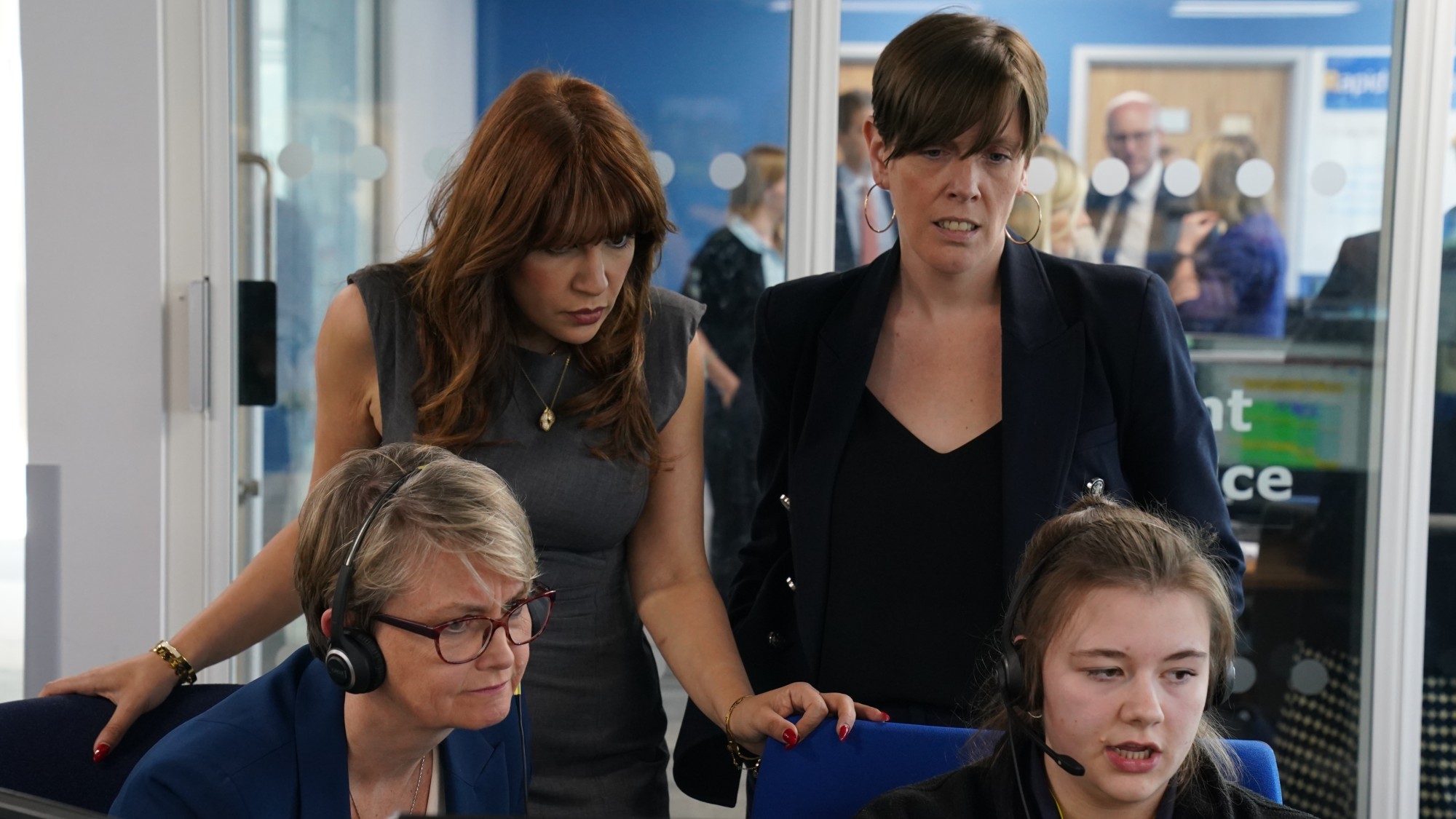 Dash: the UK's 'flawed' domestic violence tool
Dash: the UK's 'flawed' domestic violence toolThe Explainer Risk-assessment checklist relied on by police and social services deemed unfit for frontline use
-
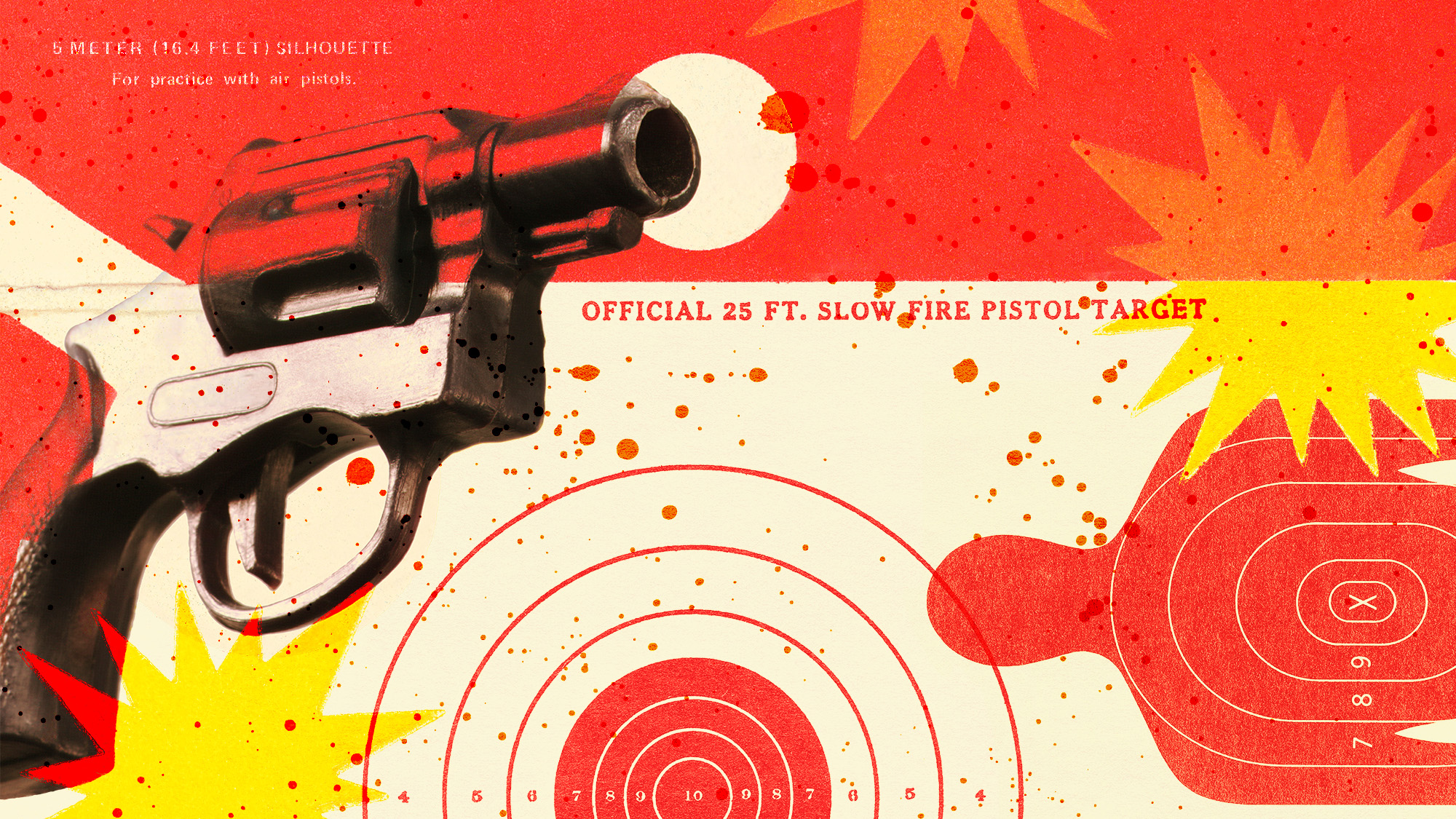 Trump lambasts crime, but his administration is cutting gun violence prevention
Trump lambasts crime, but his administration is cutting gun violence preventionThe Explainer The DOJ has canceled at least $500 million in public safety grants
-
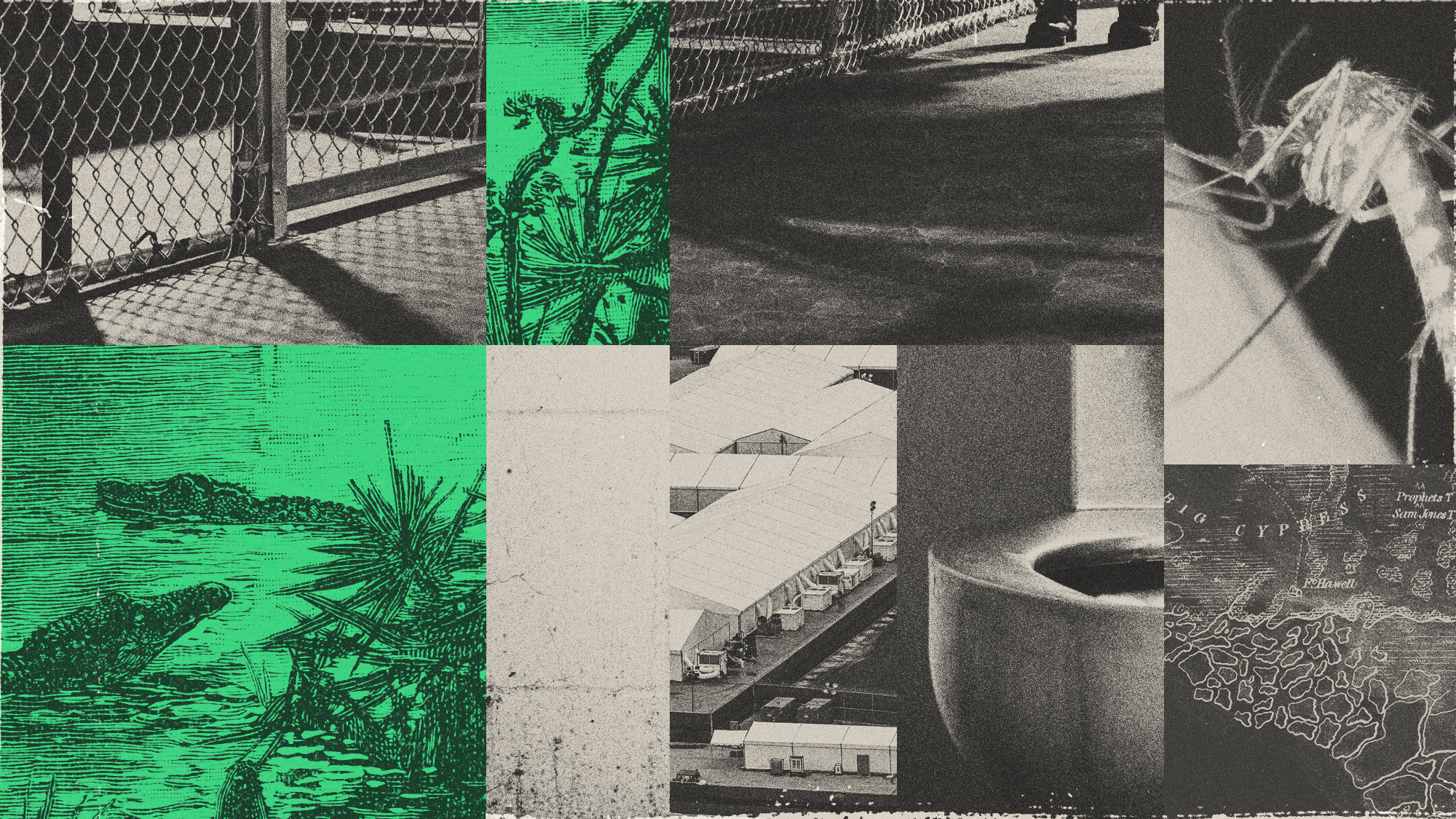 Insects and sewer water: the alleged conditions at 'Alligator Alcatraz'
Insects and sewer water: the alleged conditions at 'Alligator Alcatraz'The Explainer Hundreds of immigrants with no criminal charges in the United States are being held at the Florida facility
-
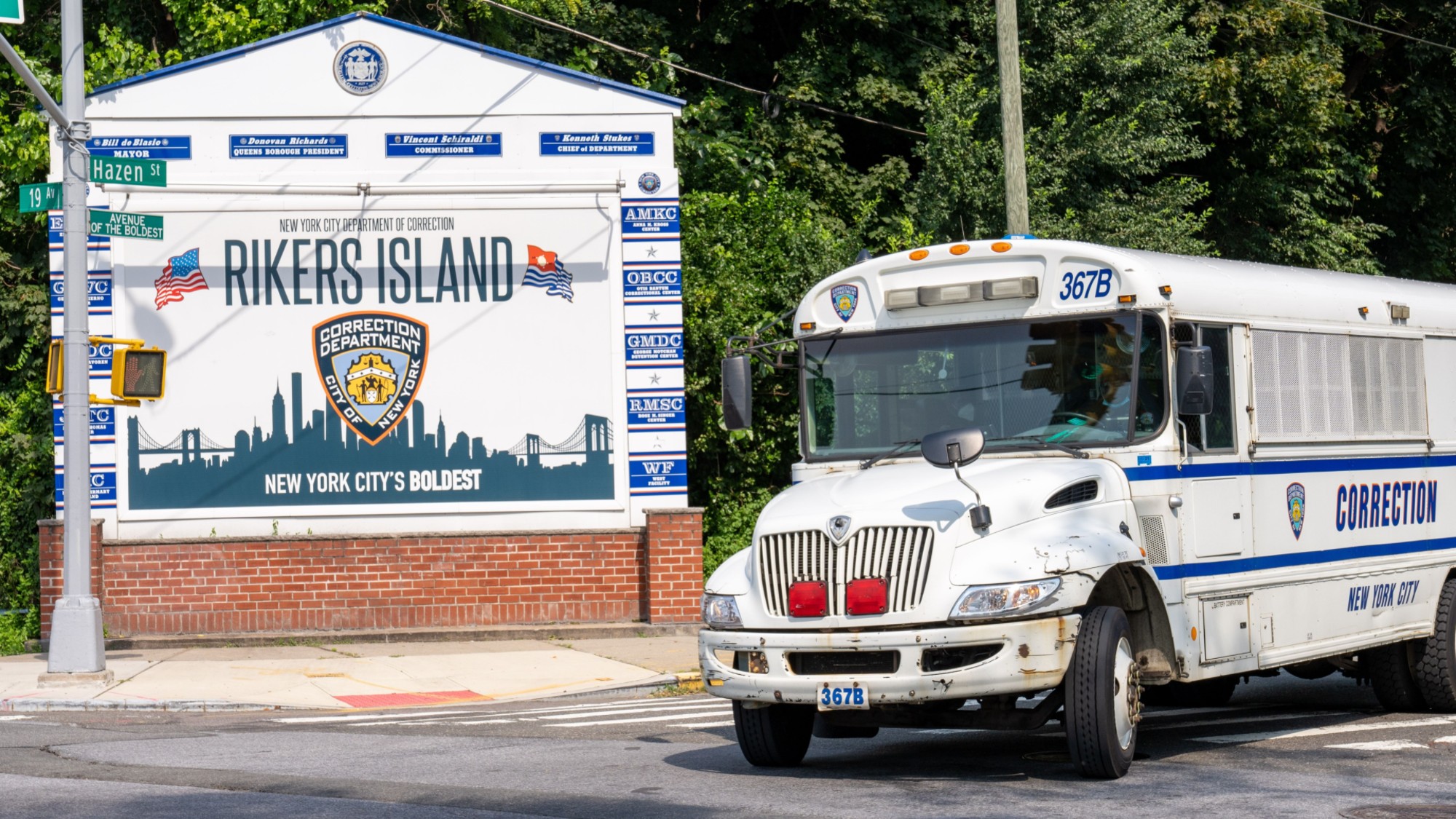 Why Rikers Island will no longer be under New York City's control
Why Rikers Island will no longer be under New York City's controlThe Explainer A 'remediation manager' has been appointed to run the infamous jail
-
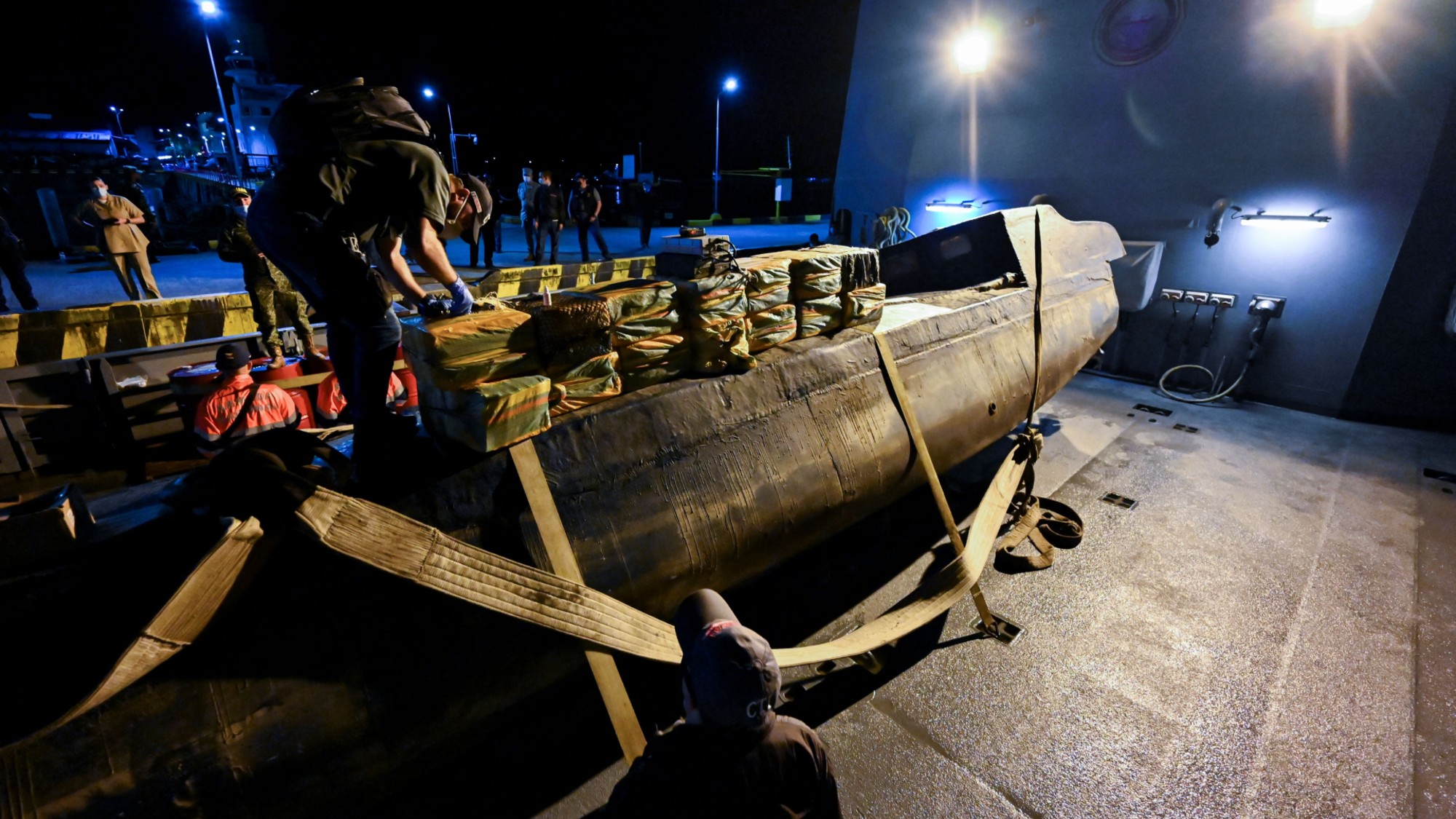 Narco subs are helping to fuel a global cocaine surge
Narco subs are helping to fuel a global cocaine surgeThe Explainer Drug smugglers are increasingly relying on underwater travel to hide from law enforcement
-
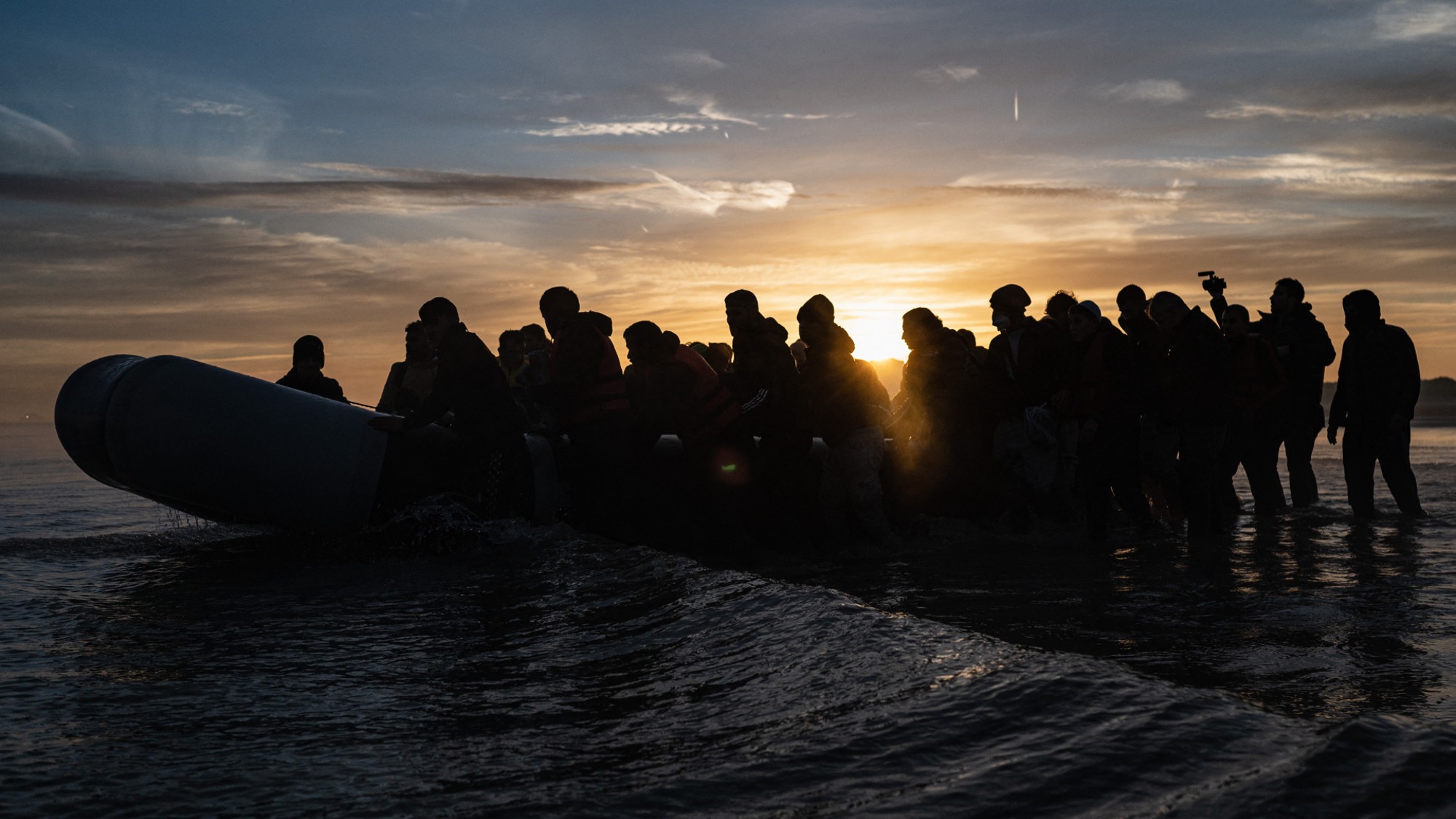 How people-smuggling gangs work
How people-smuggling gangs workThe Explainer The Government has promised to 'smash' the gangs that smuggle migrants across the Channel. Who are they and how do they work?
-
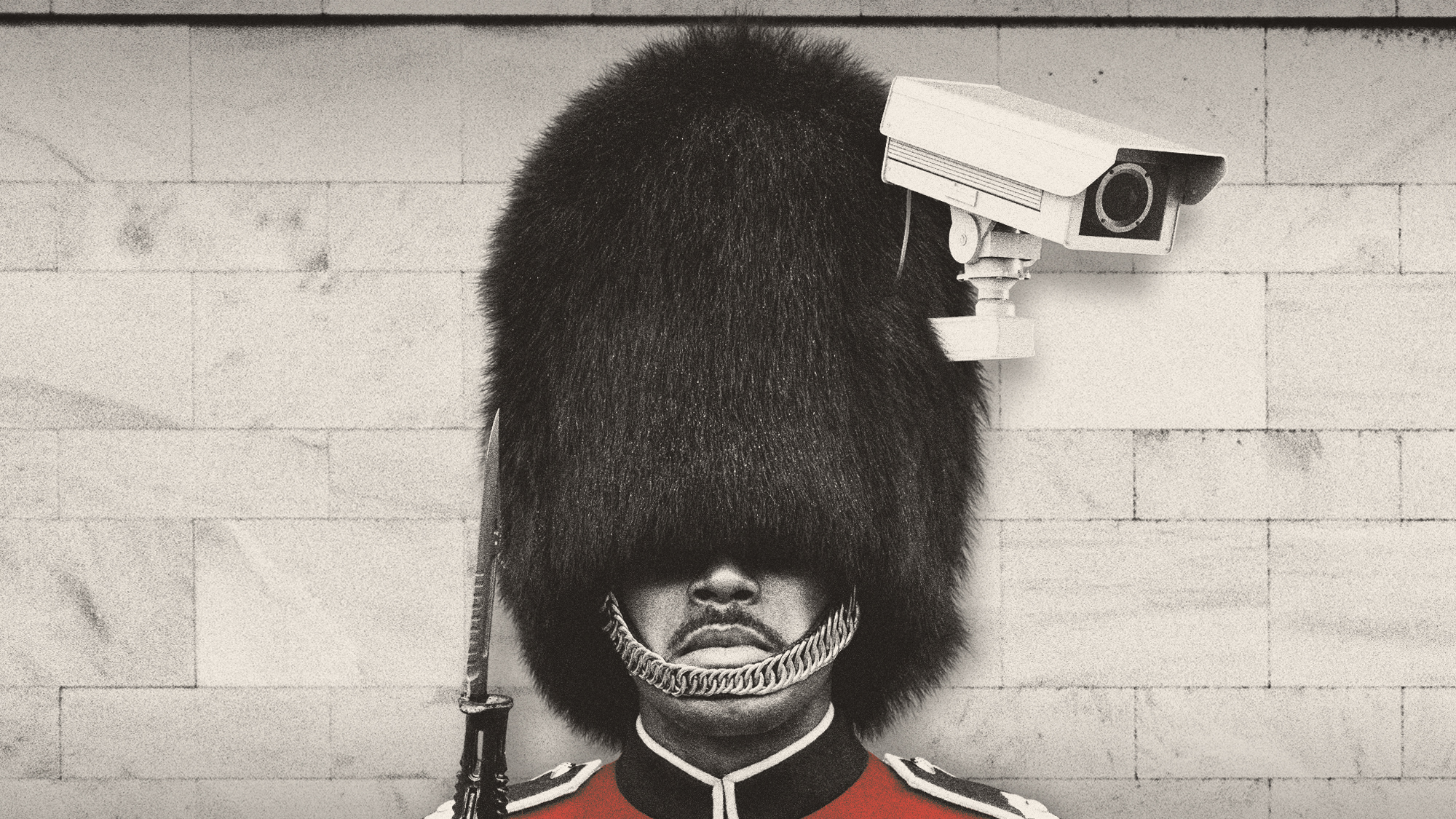 How secure are royal palaces?
How secure are royal palaces?The Explainer Royal family's safety is back in the spotlight after the latest security breach at Windsor